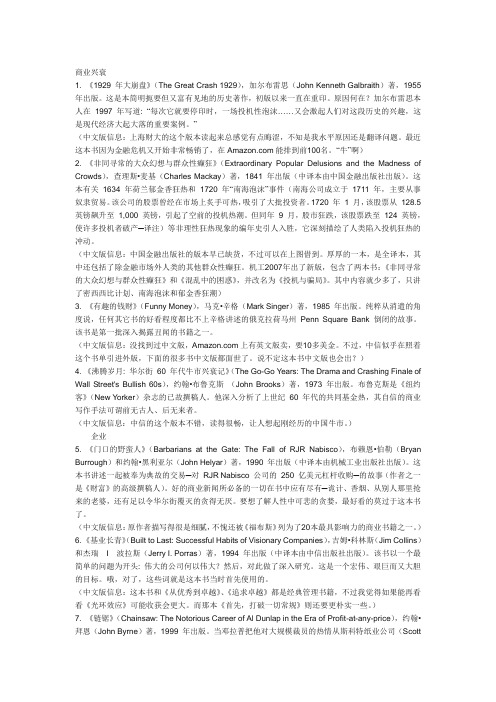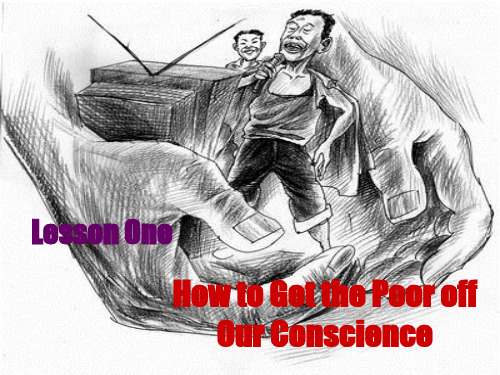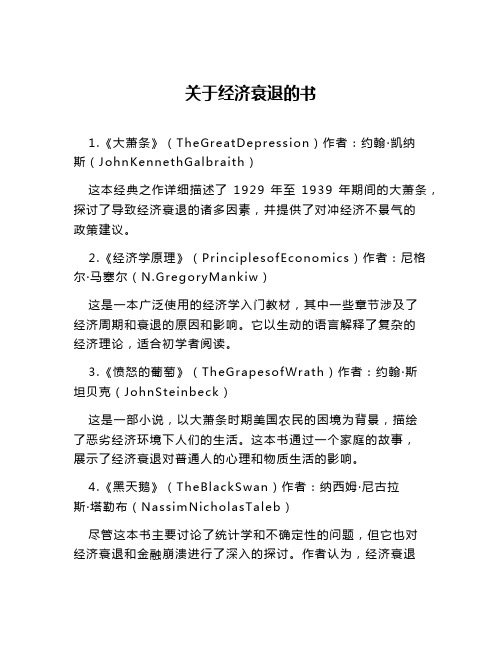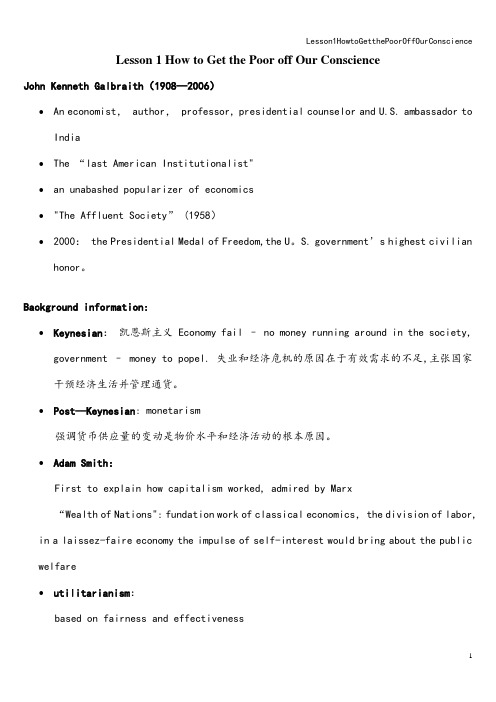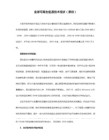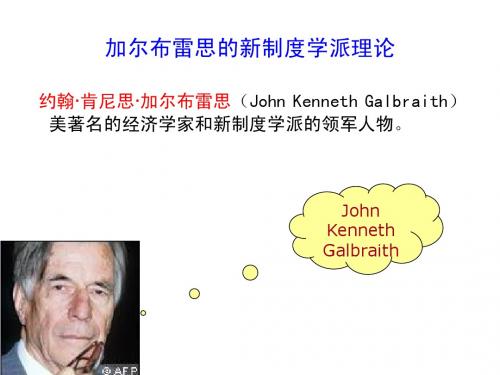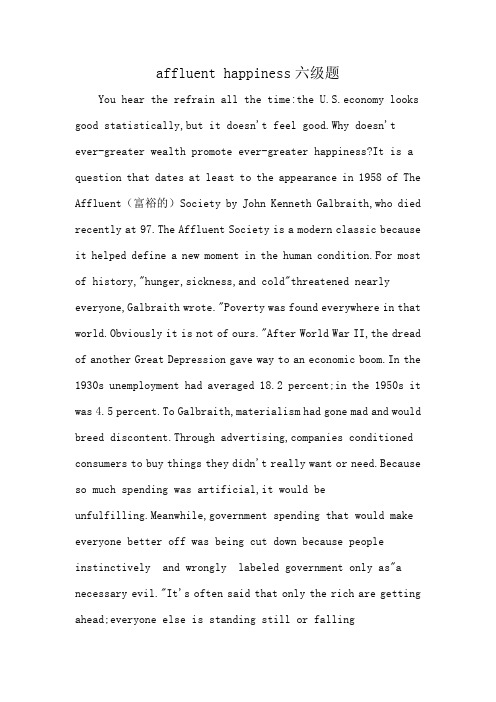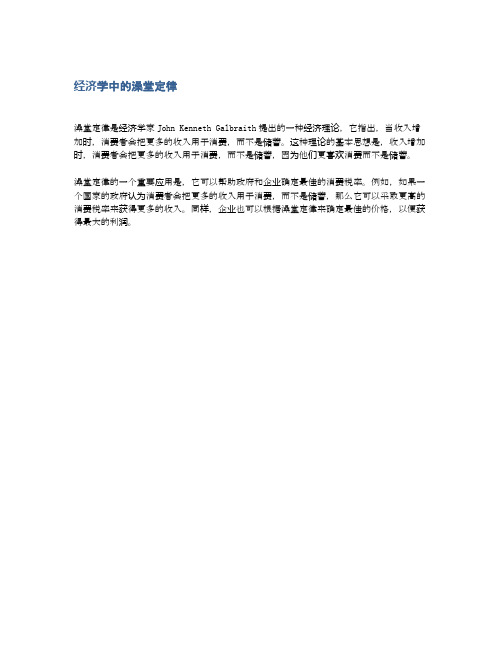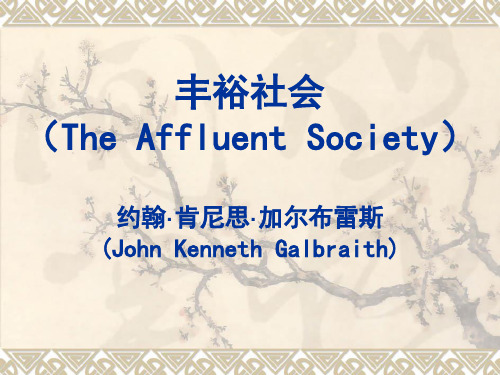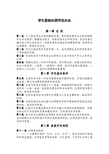VOICE TWO:
John Kenneth Galbraith was born on a farm near Iona Station, Canada in nineteen-oh-eight. It was a long way from the East Coast of the United States and the political power centers he would come to influence. He learned about politics from his father, William Archibald Galbraith, who was a farmer. He also served in many local government positions and was a community leader. John once said that his mother, Sarah Catherine Kendall Galbraith, wanted him to be a farmer also. But she died when he was fourteen.
John Kenneth Galbraith was an economist, liberal thinker, author, professor, presidential advisor and ambassador. He. stood over two meters tall. He was excellent at arguing positions and making complex ideas understandable. These two qualities made Mister Galbraith a powerful personality able to influence people at the highest levels of government.
That year, Mister Galbraith also went to England to study under the most influential economist of the twentieth century. John Maynard Keynes was teaching at Cambridge University at the time.
Mister Galbraith said he was also deeply affected by the economic disaster that was expanding around him and across the country: The Great Depression.
The same year, Mister Galbraith started writing for Fortune magazine, which was owned by noted conservative Henry Luce. Mister Galbraith developed into a highly skilled writer. Even his strongest critic praised his writing ability, even if they did not agree with what he wrote.
Mister Galbraith held the powerful position of top price controller in the administration of Franklin Delano Roosevelt. In nineteen forty-three, however, he was forced to resign from the job. Later, he would say that he had been ousted by the politics of price control.
He was also a productive writer and an effective critic of many popular ideas of his time. For some, he was an easy person to dislike. He was very sure of himself and his arguments. Yet, he clearly influenced the economic ideas of many people, including politicians and presidents.
In his early years, Mister Galbraith was greatly influenced by the economist Thorstein Veblen and his book, "The Theory of the Leisure Class." Mister Veblen argued that people gathered wealth for the purpose of "conspicuous consumption." He meant that people earned money to spend on valuable things to gain respect in society.
VOICE ONE:
In nineteen thirty-nine, John Kenneth Galbraith began working for the government. He joined the National Defense Advisory Committee in Washington. He later was in charge of controlling prices for the Office of Price Administration.
He had published the "General Theory of Employment, Interest and Money" the year before. Mister Keynes argued that deep economic crises required strong measures by the government. He said large public works projects and government price controls were needed to increase employment during economic downturns.
VOICE TWO:
Near the end of World War Two, Mister Galbraith took part in the Strategic Bombing survey. The study was meant to measure the effectiveness of the American bombing campaign against Germany. He angered many people by saying that the bombing had done little to halt the German war effort. He found the Germans had simply moved industrial operations to new places after the bombing.
(MUSIC)
VOICE ONE :
In nineteen fifty-eight, Mister Galbraith published his most famous book,"The Affluent Society." He argued that while private individuals in America were becoming wealthier, public institutions were growing poor. He criticized the American culture that he said was rich in goods but poor in social services.
VOICE TWO:
Mister Galbraith was also involved in politics, which was unusual for ate speeches for Democratic presidential candidate Adlai Stevenson during two campaigns in the nineteen fifties. Mister Galbraith later became a trusted adviser to President John F. Kennedy.
(MUSIC)
VOICE TWO:
Mister Galbraith became an instructor at Harvard University in Cambridge, Massachusetts. In nineteen thirty-seven, he became an American citizen. He married Catherine Atwater, the daughter of a New York lawyer. They later had four sons.
VOICE ONE:
Young John first studied agriculture at Ontario Agricultural College. But he soon found economics more interesting. His studies led him to the University of California at Berkeley. He got a doctorate degree in agricultural economics in nineteen thirty-four.


